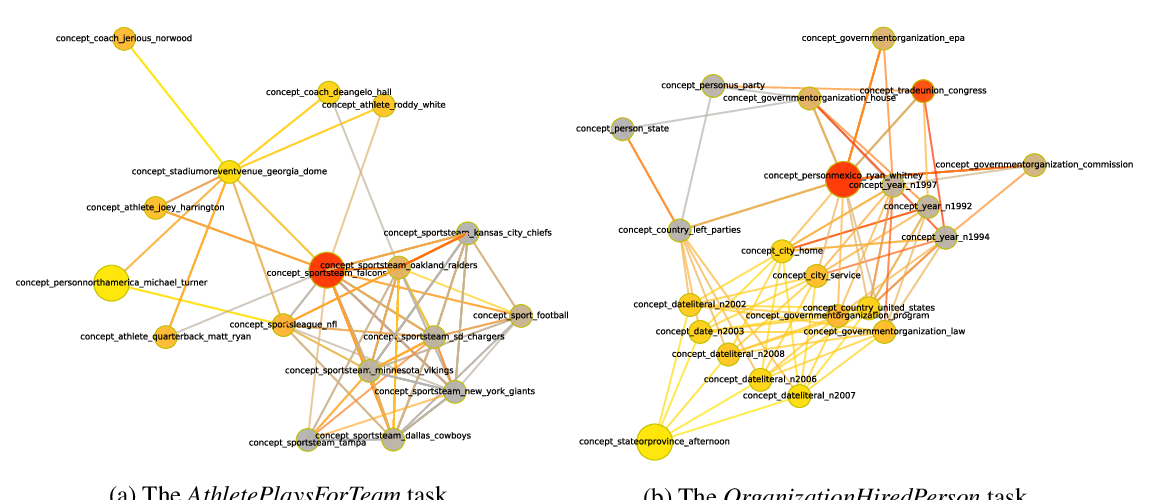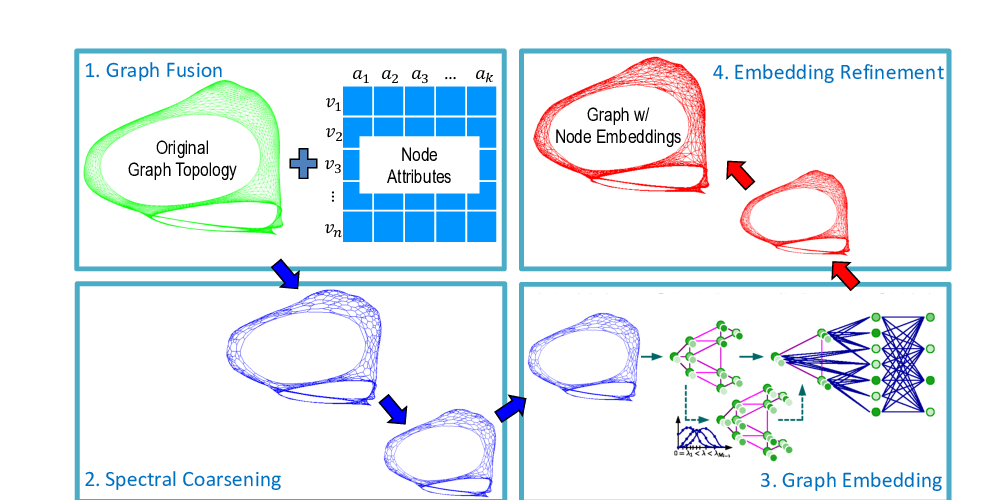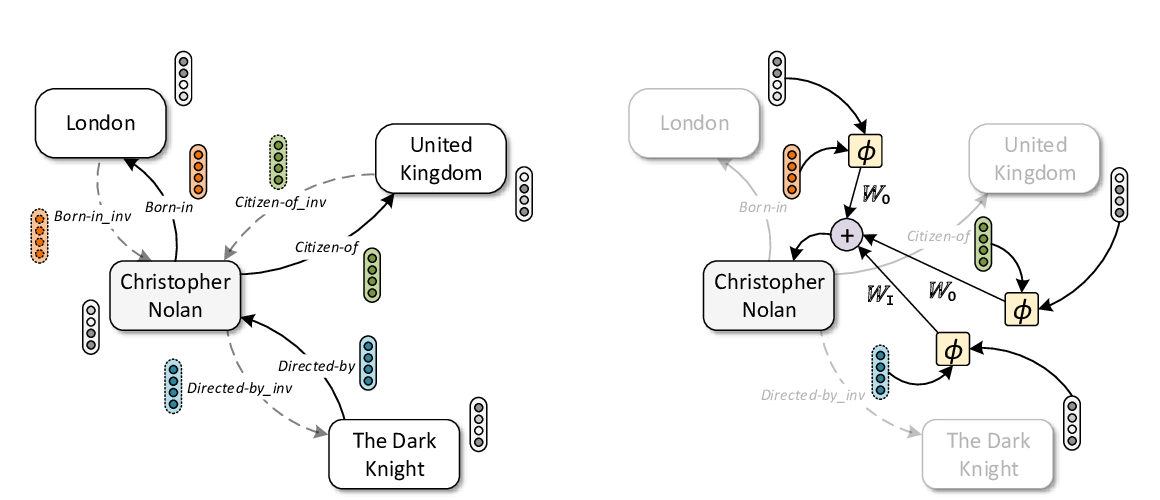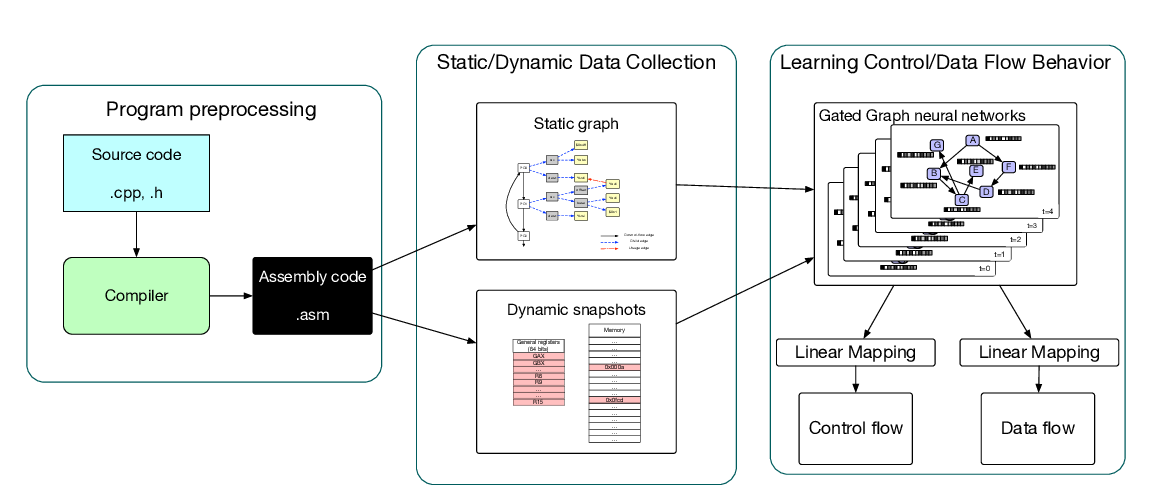Abstract:
Models of code can learn distributed representations of a program's syntax and semantics to predict many non-trivial properties of a program. Recent state-of-the-art models leverage highly structured representations of programs, such as trees, graphs and paths therein (e.g. data-flow relations), which are precise and abundantly available for code. This provides a strong inductive bias towards semantically meaningful relations, yielding more generalizable representations than classical sequence-based models. Unfortunately, these models primarily rely on graph-based message passing to represent relations in code, which makes them de facto local due to the high cost of message-passing steps, quite in contrast to modern, global sequence-based models, such as the Transformer. In this work, we bridge this divide between global and structured models by introducing two new hybrid model families that are both global and incorporate structural bias: Graph Sandwiches, which wrap traditional (gated) graph message-passing layers in sequential message-passing layers; and Graph Relational Embedding Attention Transformers (GREAT for short), which bias traditional Transformers with relational information from graph edge types. By studying a popular, non-trivial program repair task, variable-misuse identification, we explore the relative merits of traditional and hybrid model families for code representation. Starting with a graph-based model that already improves upon the prior state-of-the-art for this task by 20%, we show that our proposed hybrid models improve an additional 10-15%, while training both faster and using fewer parameters.



